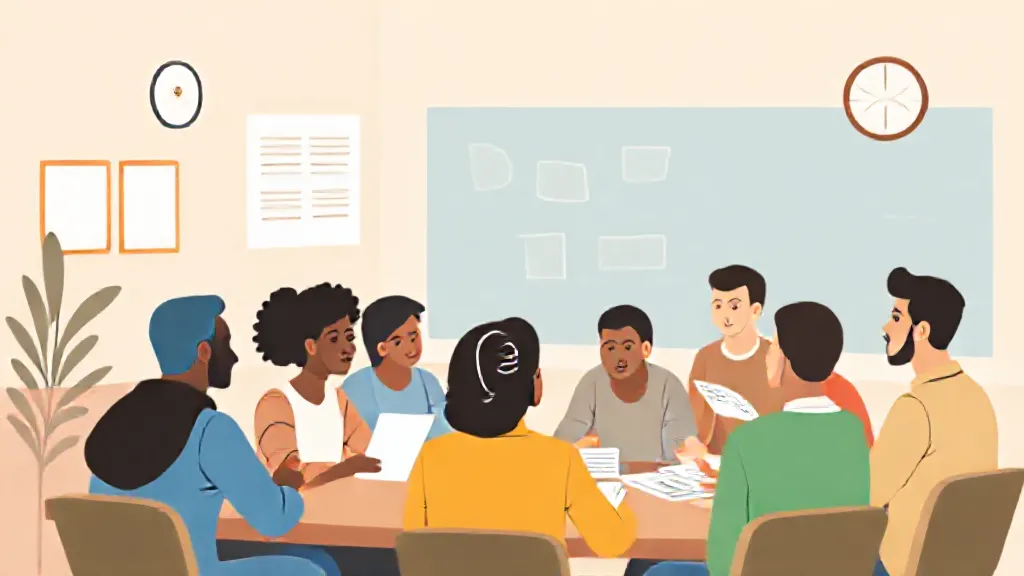Financial education is a crucial skill that many individuals overlook in their formative years. The journey toward financial literacy begins with understanding basic concepts such as budgeting, saving, investing, and managing debt. For beginners, the first step in financial education often starts at home, where parents and guardians can play a pivotal role in shaping their children's attitudes toward money.
Early exposure to financial discussions can lay the groundwork for responsible financial behavior in adulthood.
The Role of Parents in Financial Education
Parents are typically the first teachers of financial concepts, even if they are not aware of it. Simple practices like involving children in household budgeting or discussing the importance of saving can instill a sense of financial responsibility.
For instance, when parents explain why they save for vacations or emergencies, children learn the value of setting financial goals. Furthermore, allowing children to manage a small allowance can teach them about budgeting and prioritizing their spending. This foundational knowledge is essential as they transition into adolescence and adulthood.
School Curricula and Financial Literacy
While parental guidance is vital, formal education also plays a significant role in financial literacy. Unfortunately, many school systems do not prioritize financial education, leaving students ill-prepared for real-world financial challenges. However, some schools have begun to incorporate financial literacy programs into their curricula, teaching students about personal finance, investing, and the economy.
These programs often include practical exercises, such as simulating stock market investments or creating budgets, which help students apply theoretical knowledge in real-life scenarios.
Community Resources for Financial Learning
Beyond home and school, community resources can provide valuable financial education for beginners. Libraries, community centers, and local non-profits often offer workshops and seminars on various financial topics.
These resources can be particularly beneficial for adults seeking to improve their financial literacy. For example, organizations like the National Endowment for Financial Education (NEFE) provide free resources and programs aimed at enhancing financial knowledge in communities across the United States.
Online Learning Platforms and Financial Education
The digital age has revolutionized access to financial education.
Numerous online platforms offer courses on personal finance, investing, and retirement planning. Websites like Coursera, Khan Academy, and Udemy provide structured learning paths that cater to beginners. These platforms often feature interactive content, quizzes, and forums for discussion, making learning engaging and accessible.
Additionally, many financial institutions offer free webinars and resources to educate their customers on managing finances effectively.
The Importance of Understanding Credit
A fundamental aspect of financial education is understanding credit. Many beginners are unaware of how credit works, its importance, and how it impacts their financial future.
Learning about credit scores, credit reports, and the implications of borrowing can empower individuals to make informed decisions. For instance, understanding the difference between good and bad debt can help beginners navigate loans and credit cards wisely, avoiding common pitfalls that lead to financial distress.
Investing Basics for Beginners
Investing is another critical component of financial education.
Beginners should grasp the basics of investing, including different asset classes, risk tolerance, and the power of compound interest. Starting with simple concepts like stocks, bonds, and mutual funds can demystify the investment process. Resources such as investment clubs or online forums can provide a supportive environment for beginners to learn and share experiences.
Moreover, understanding the significance of diversification can help beginners build a balanced investment portfolio.
Long-Term Financial Planning
Finally, financial education should encompass long-term financial planning. Beginners need to understand the importance of setting financial goals, whether for retirement, buying a home, or funding education.
Learning about different savings vehicles, such as 401(k)s and IRAs, can help individuals prepare for their financial futures. Establishing a habit of regular saving and investing can significantly impact one’s financial security over time, demonstrating the importance of starting early.
Conclusion: Lifelong Learning in Finance
In conclusion, financial education for beginners is a multifaceted journey that begins at home and extends into schools, communities, and online resources.
By understanding the basics of budgeting, saving, investing, and credit, individuals can build a solid foundation for their financial futures. It is essential to recognize that financial literacy is not a one-time achievement but a lifelong learning process. As the financial landscape continues to evolve, staying informed and adaptable will empower individuals to make sound financial decisions throughout their lives.
